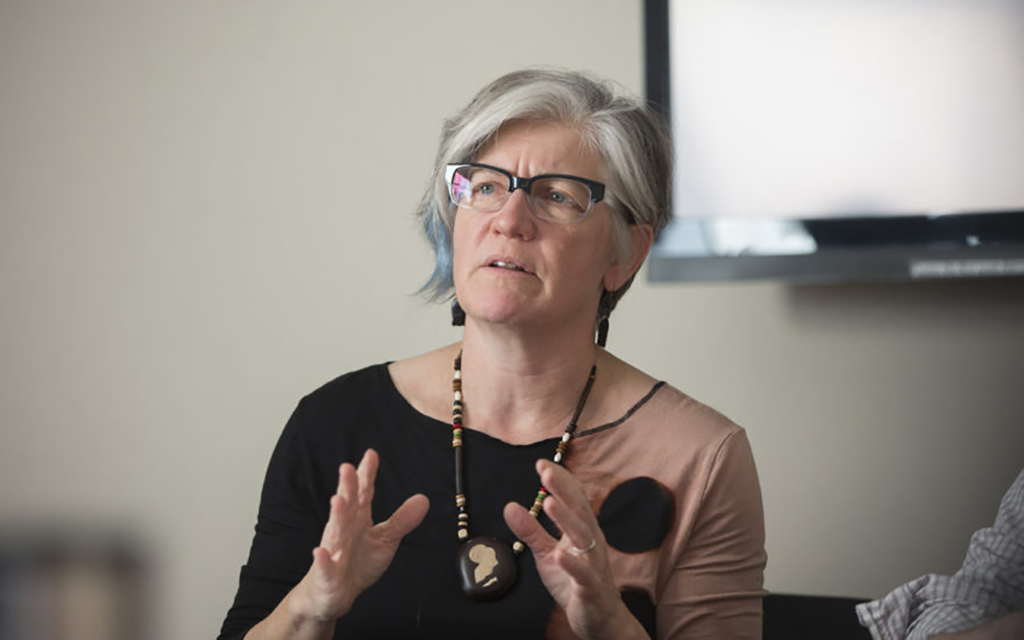Professor Anita Fabos to co-lead discussion on refugees, their experience, and expertise

In recent days, President Joe Biden raised the nation’s cap on refugee admissions for this year to 62,500 — and some experts think that number might increase to 125,000 for the 2022 fiscal year starting in October. What does this mean for the U.S. and, perhaps more importantly, for Central Massachusetts? A virtual symposium co-facilitated by Professor Anita Häusermann Fábos will examine this question and other issues around forced migration.
“Conversations from the Refugee and Forced Migration Field,” which begins at 9 a.m. on Thursday, May 13, is the official launch of Share the Platform, a network of experts from refugee and non-refugee backgrounds working to shape forced displacement policies and programs. Fábos co-founded Share the Platform.
This virtual event will focus on how professionals, practitioners, and organizations can better value refugee experience and expertise. Four panel discussions, which will each include a refugee and non-refugee expert in the relevant field, will look at centering refugees in the fields of refugee resettlement, arts and culture, humanitarian aid, and academia.
Register for “Conversations from the Refugee and Forced Migration Field” here.
Fábos, a professor of international development and social change in the Department of International Development, Community, and Environment, and has conducted research on refugees and forced migrants across the Middle East, Europe, and the United States. She also is director of Clark’s Refugee, Forced Migration and Belonging Certificate Program.
“Resettlement does not happen as an influx. Working with partners in refugee-hosting countries such as Jordan and Lebanon, the U.S. government vets a few thousand here and there from the biggest humanitarian disasters,” says Fábos. Refugees are subject to lengthy security and background checks, and receive training and cultural orientation before they arrive in the U.S., and are sent across the entire country according to which resettlement agencies have capacity, she adds.
In 2009, at the height of resettlement, 524 refugees made their homes in Worcester. Worcester had the highest number in Massachusetts, and Massachusetts had the fifth-highest number in the U.S. Fábos and her students researched the refugee population of Worcester in 2015, which led to Shared Worlds, a research project exploring the relationships between the city’s native-born and foreign-born residents.
Last year, Fábos was featured in the International Institute of New England’s “Suitcase Stories” series.


